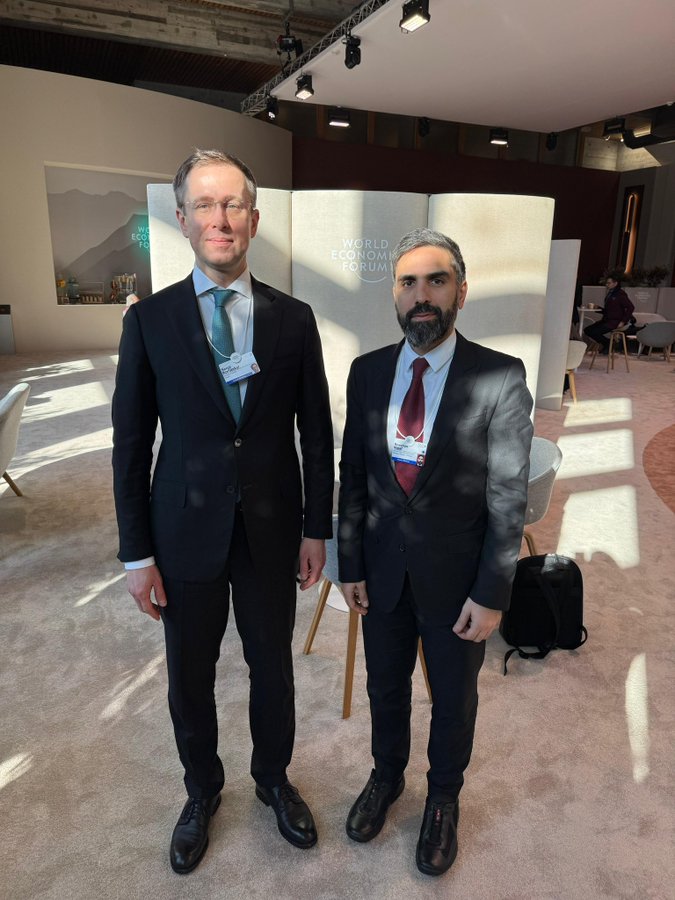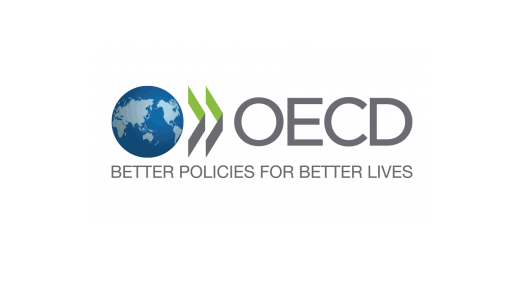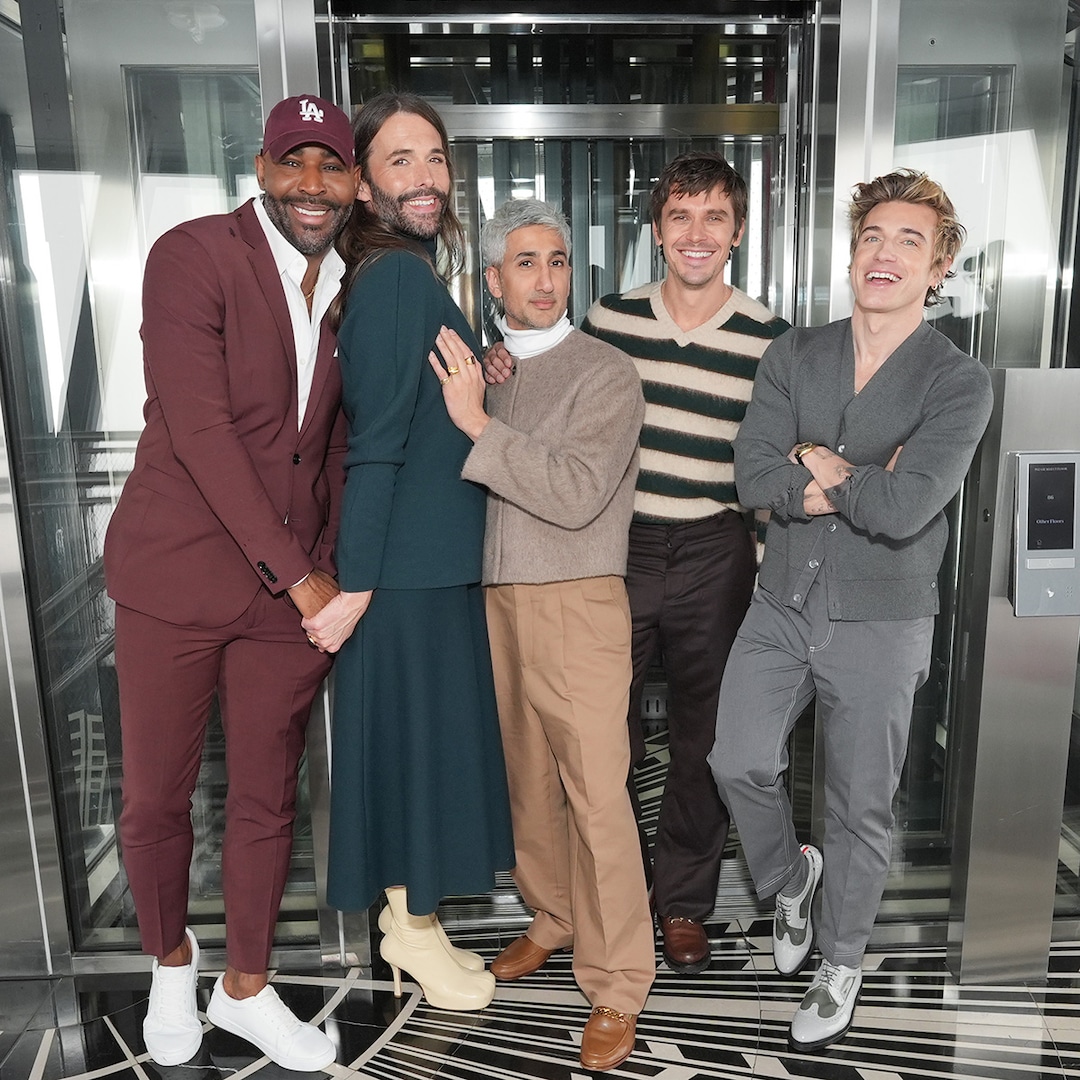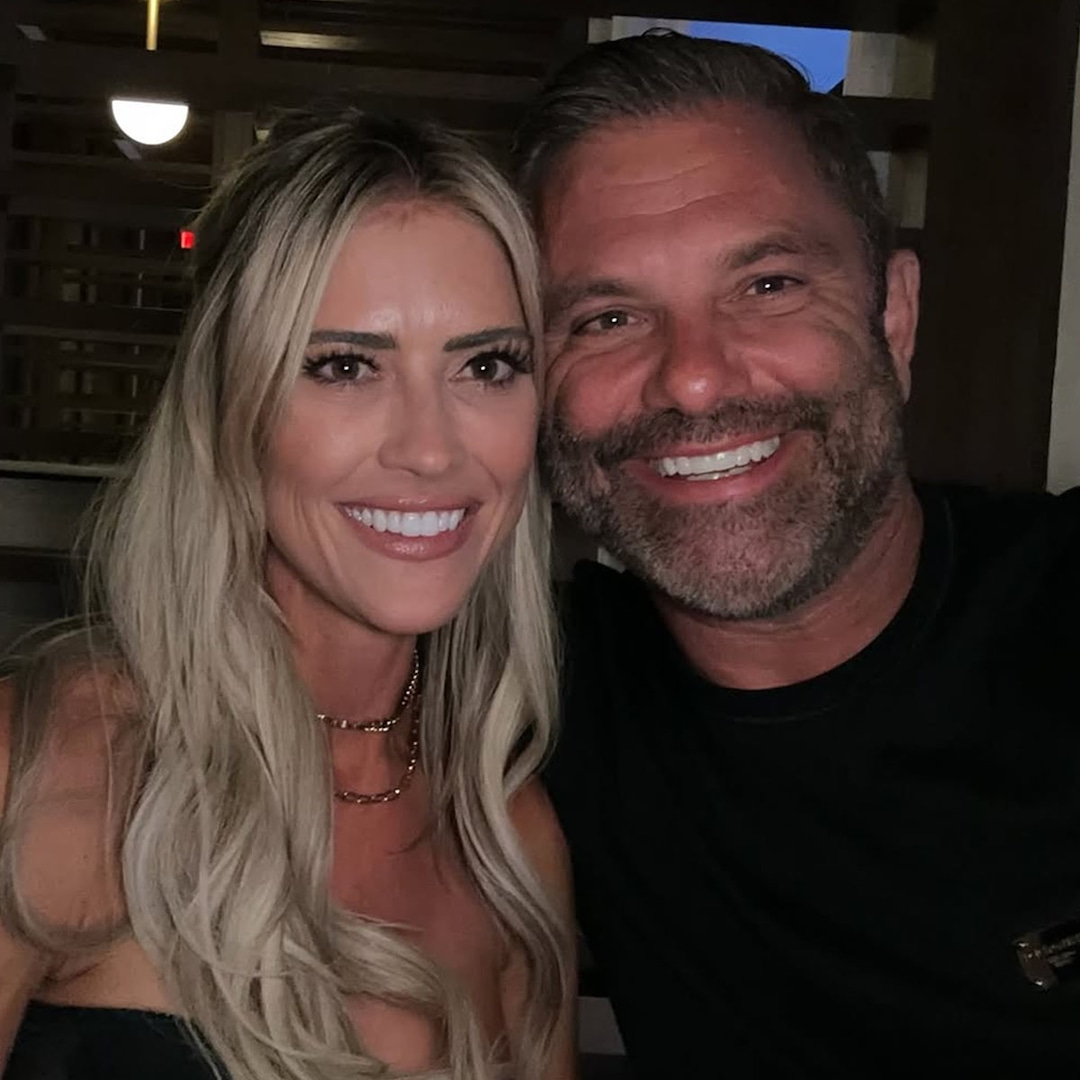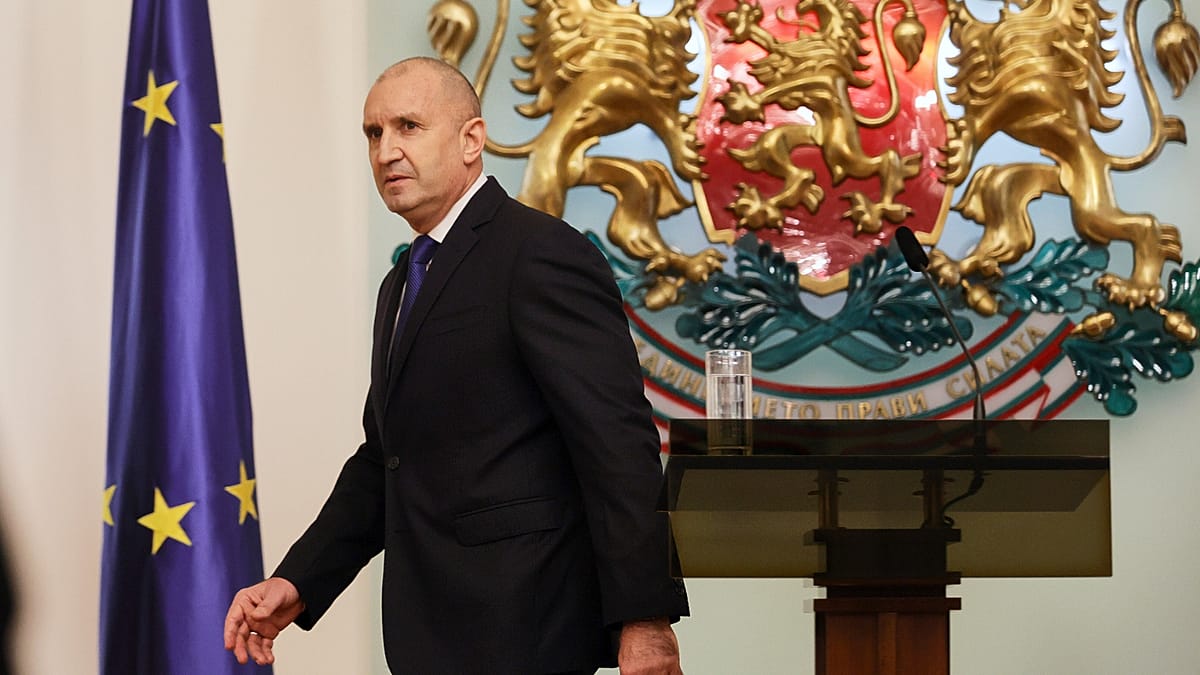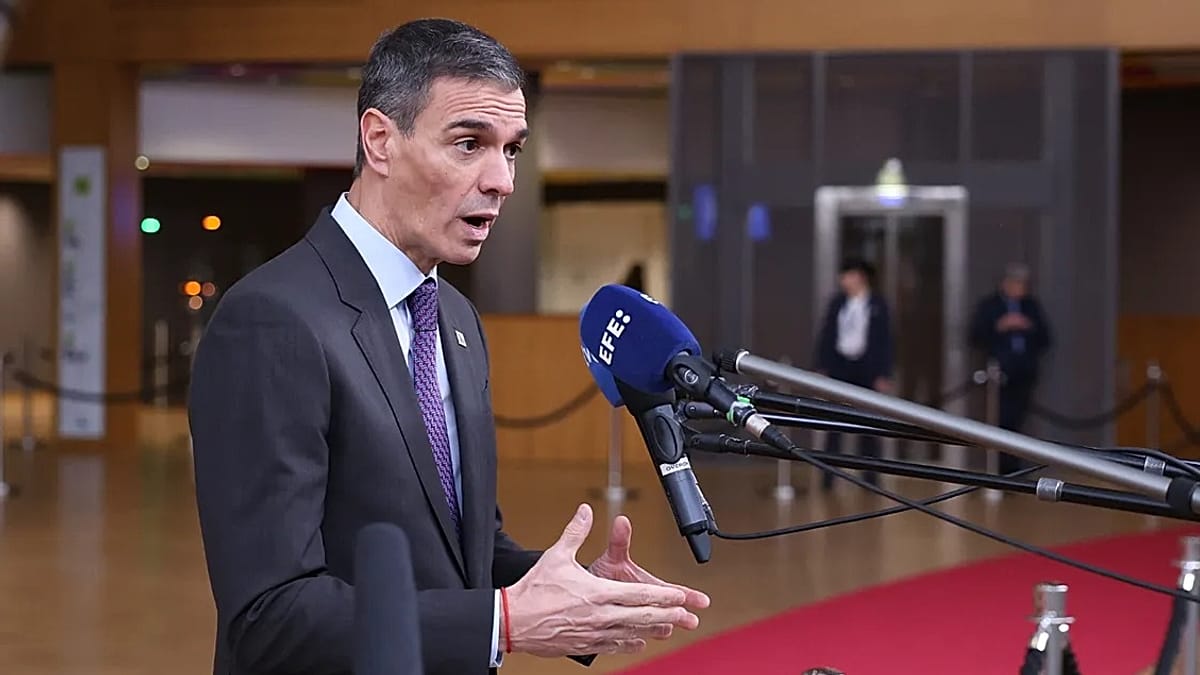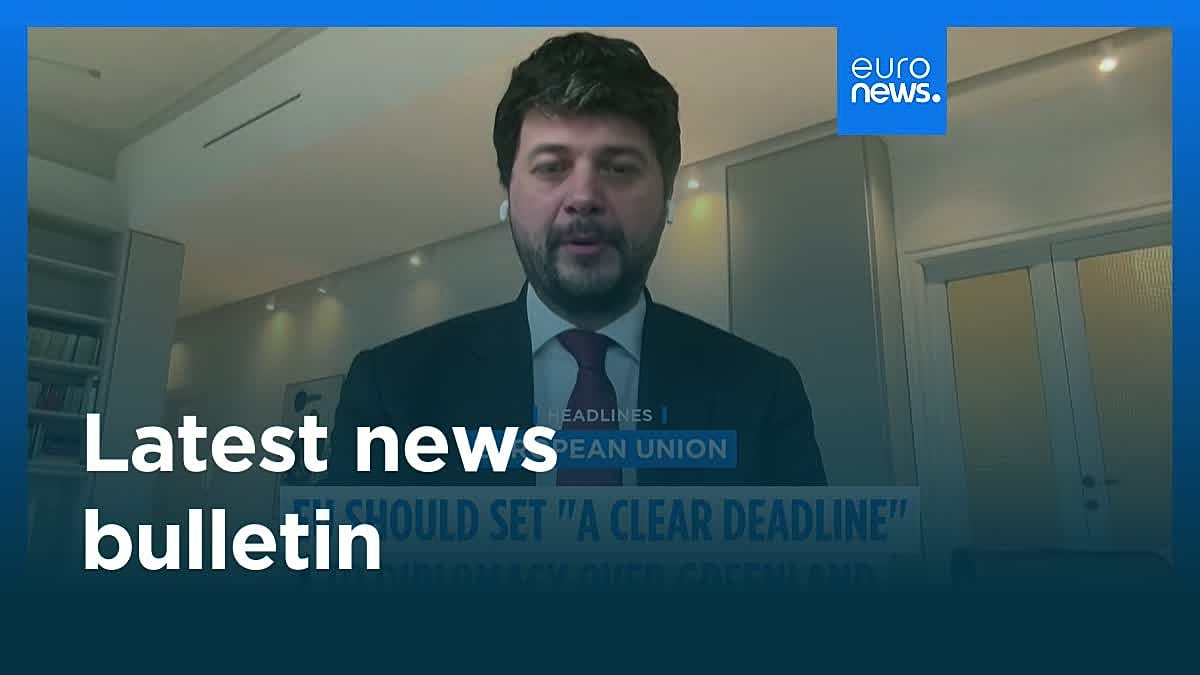Forget Tokenism – Ian Clarke Reveals the Real Key to Inclusion


Ian Clarke is a London-born, racially non-binary and LGBT trailblazer, as well as a 10-time award-winning philanthropist, entrepreneur, and social justice advocate. With dual BSc degrees and a 14-year investment banking leadership career, he combines expertise in psychology, therapy, management, DE&I and finance.
As the founder of Deilightful Group, Ian leads a multi-award-winning culture transformation practice and social enterprise driving change for marginalised communities worldwide. His Project Speak Up report in 2021 gained international recognition, challenging systemic oppression in banking and setting seven world records.
A published author and consultant, Ian is also a sought-after keynote speaker for The Diversity and Inclusion Speakers Agency. Known for his warm and engaging delivery, he inspires audiences on topics such as psychological safety, leadership and intersectional inclusivity. In this interview, Ian shares his perspective on inclusivity, the dangers of groupthink, and misconceptions around DE&I in corporate life.
Q: How can businesses strive for intersectional inclusivity?
Ian Clarke: “One of the biggest pitfalls I see is tokenism. Often, if you have a board that is entirely white or entirely Black and you want a quick win to bring in diversity, new ideas, new perspectives, and a different way of thinking into the business, the instinct is to do the opposite.
You might bring in many people who do not match your business profile. Most businesses today operate on what we call a culture-fit model, which is, effectively, ‘everyone in the business is good and everyone outside the business is bad.’
Anyone who comes in has to align with the culture and the strategy and then become good. But that is not what we see around the world and in human identity in general. The Human Genome Project proved this; we are all, effectively, born equal. So, there is no good inside or outside; there is no bad inside or outside. Everyone is just different.
The best strategy I would suggest is to find where your skills shortages are. Identify your perspective gaps and find people who have completely divergent views to you as an individual, as a leader and as an organisation.
Find people whose skills and experiences can plug those gaps. If you do that, you will never be accused of tokenism, and you will find that ideas, success, and customer excellence will flow from there.
Inevitably, they will look and sound different, because different experiences shape our identity and our world, but as long as you are doing it for the right reasons, on merit, and not out of nepotism or because you want people to look and sound like you to reassure you, you are on the right track.
It is very reassuring; it builds your confidence. If everyone around you reflects you, then you feel like you belong. But it is not the look that really matters; it is what is inside us. You will find a huge amount of diversity, intrinsic as well as extrinsic.
I would say: dig deeper. Ask people real questions. Not just ‘Where did you work?’ ‘What skills have you got?’ or ‘Talk about a time….’ Ask them about their beliefs, their opinions, the things that matter to them, what their hopes and dreams are in life, who their role models are. Ask things that allow you to get to grips with how they think and how their mind works. You will suddenly realise how much rich diversity there is beneath the surface.”
Q: How does a lack of diversity impact workplaces?
Ian Clarke: “It impacts workplaces on almost every fundamental level. I have a psychology degree, and I am also a certified therapist. Part of my job now as a consultant is to look at these dynamics and work out where a firm’s strategy could be wrong.
If you are in a room with people who are either scared of you or just reflecting you, then all you are going to hear back is an echo of what you already think. Occasionally someone will come in and say something completely divergent, and it is then up to you whether you embrace that or whether you penalise that.
To give a crude example: if you are a pilot flying your plane, you only have a field of view that is ahead of you. You might see clear skies and the plane is flying well. But if you are a passenger in the window seat, you might notice that one of the engines is on fire. I saw this in a documentary. This happened.
A passenger pointed out of the window and said the engine was on fire. No one on the plane knew. It was the passenger’s perspective, because they could see a line of sight that no one else could see.
That translates into business: the concept of groupthink. If we look at the Challenger space shuttle disaster, we had an example where all 12 NASA engineers were older white men, heterosexual-presenting, neither physically nor neurodiverse (at least not presenting as such), and therefore very similar in terms of their background, the way they thought and the schools they had been to.
All of them agreed that the cold weather at the time of launch would fatally impact the O-rings securing the boosters to the rocket, but they opted not to submit that in their report to Mission Control because they wanted the mission to be a success.
Now, if you had someone in there who was a bit divergent and who could stand out and had a reason to do so — maybe they looked a bit different, had a different background or a different responsibility — they might have had the wherewithal to say: ‘We are going to kill everyone if we do this. Let’s do something else.’
I am not undermining the people in that room; they were all rocket scientists. But you do not have to be a rocket scientist to understand that you might also need someone in that room who thinks differently from you, in order to see the big picture and cover all the bases.
That is really what I am about. I am about explaining to people that the idea that ‘difference is bad’ is not true. If you are really confident and you want to do the best work possible, you should welcome scrutiny and different ideas. The worst thing about a different idea is that it might be wrong.
But the best thing about it is that it can open your eyes to an element of a project, a business, or a product that you had never even thought about. You can make it phenomenally better, ten times, a hundred times better, just by listening and acting on those different opinions, rather than shunning them and being scared of them.”
Q: What are the biggest misconceptions about DEI in the corporate world?
Ian Clarke: “I think diversity and inclusion have existed for a few decades now. It started as sensitivity training in the 1970s and it has slowly morphed into what we now call DE&I. I am a little uncomfortable about it because I think we spend a lot of time arguing about what the acronym is: DEI, JEDI, DNI, IDE.
It is a shame that we spend so much time on the acronym. At its heart, DE&I is about humanism and humanity — the science of humanism and humanity. That is where I consider myself a subject expert.
We do not need an acronym. In fact, if you look at human nature (the same reason we do not like our name being mispronounced; we do not call our kids acronyms), we actually do not like acronyms. It is not something we give to people we love. And yet we have given an acronym to, effectively, humanity.
I do not think diversity is that important. I am going to stick my neck out and say: from the shape of your ears to the size of your feet, everything about you is different. And it is not just different; it makes you unique.
There will never be another person like you, and there never has been before. That makes you phenomenally special. All of us are different. What we really care about is our uniqueness. No one really cares about diversity. It is uniqueness that we need to harness.
That is everywhere, whether you are watching a Formula One race, looking at the Fortune 500 or watching The X Factor. It is uniqueness that wins every single time. That plays out in every aspect of our lives, from the biggest scientists in history to the best power-ballad singers.
They are one of a kind. You will never get another Whitney Houston or Adele. Those artists are a shining light to all of us. It is the uniqueness within us that we all care about. Once they are gone, they are gone.”
This exclusive interview with Ian Clarke was conducted by Chris Tompkins, Senior Keynote Speaker & Entertainment Manager at The Diversity and Inclusion Speakers Agency.
The post Forget Tokenism – Ian Clarke Reveals the Real Key to Inclusion appeared first on European Business & Finance Magazine.



